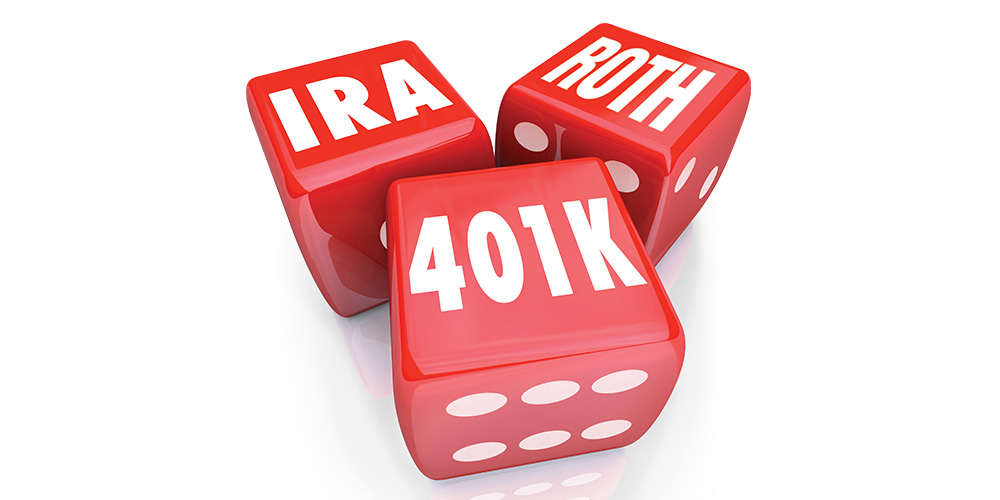|
|
In This Issue
|
|
CPA News:
|
|
 Tax Changes and Your Investments Tax Changes and Your Investments
|
|
 Custodial Accounts Custodial Accounts
|
|
 10 Smart Ways to Spend Tax Savings 10 Smart Ways to Spend Tax Savings
|
|
 Business Tax Reform Business Tax Reform
|
|
 You're Retired! Now What? You're Retired! Now What?
|
|
 Easier to become a 501(C)(3) Easier to become a 501(C)(3)
|
| Connect With Us
|
 |
| Services |
- Income Tax Preparation for all types of businesses and individuals
- IRS, State and Local Audit Representation
- Trust, Estate and Gift Compliance
- QuickBooks setup, support and training
- Business startup services
- Monthly bookkeeping
- Financial statements
- Family Office
- Nonprofit Administration
|
| Additional Updated Information |
| April 2018 Newsletter |
| March 2018 Newsletter |
| May 2018 Q & A |
|
Q: I read that the new tax cut bill will allow more companies to choose between the cash and accrual methods of accounting. My business generates under $15 million annually. Which is better for me?
A: You and your tax professional should decide which method ultimately works best for you, but generally cash accounting is
simpler because you record income when received and expenses when paid. This can, however, make budgeting unpredictable. The accrual method of accounting records your income as you bill it and expenses as they occur, making budgeting a bit more predictable, but accounting a little more complicated. Only businesses generating $25 million or less get to choose between the two methods.
|
|
 |
|
|
Tax Changes and Your Investments
 |
The new tax law has a number of changes that affect individual and business taxpayers, but in the end, the tax treatment of investments was hardly touched.

|
|
|
|
|
Custodial Accounts
 |
With a recent change in how children’s income from savings is taxed, custodial accounts under UGMAs and UTMAs have seeped into talks about saving for college expenses. Here’s a look at what these accounts are:

|
|
|
|
|
10 Smart Ways to Spend Tax Savings
 |
How will you spend the extra money that the tax reform added to your take-home pay? Consider the following smart choices:

|
|
|
|
|
Business Tax Reform
 |
Federal tax reform was most dramatic in the business arena.

|
|
|
|
|
You're Retired! Now What?
 |
You worked a lifetime to build your retirement assets, now how do you take distributions?

|
|
|
|
|
Easier to become a 501(C)(3)
 |
The Internal Revenue Service revised an application and instructions that small charities must use to qualify for tax-exempt status.

|
|
|
|
Short Bits |
|
INCOME = WELLNESS
More employers are offering workplace wellness programs, but you have a better shot at one if you have a higher income. According to the Department of Labor, 63% of the highest paid 10% of private industry employees had access to a workplace-sponsored wellness program. Only 15% of the lowest-paid 10% employees had access.
|
RETIREES’ HEALTH EXPENSES HIGH
According to a recent article by the Employee Benefit Research Institute, to have a 50% chance of covering health insurance premiums and prescription drugs through retirement, a 65-year-old man needs $73,000 in savings and a 65-year-old woman needs $95,000. For a 90% chance, increase those figures to $131,000 and $147,000, respectively.
|
|
BONUS COVERAGE
According to the Department of Labor’s Bureau of Labor Statistics, 38% of private industry workers had access to bonuses that weren’t related to production in 2017. Some reasons for bonuses included longevity, the holidays and referrals. Workers in the information, finance and insurance, and professional and technical sectors were most likely to receive the bonuses.
|
IRS RAISES STANDARD MILEAGE RATES
The Internal Revenue Service raised its standard mileage rates used to calculate the deductible costs of operating a vehicle for business, charitable and medical purposes in 2018. You can deduct 54.5 cents per business mile, up a penny from last year. Deduct 14 cents, unchanged from 2017, for each mile driven in service of charitable organizations.
|
To learn more about Katz Viola Lebenhart & Mauro, LLP,
visit www.kvlmcpa.com.
|









